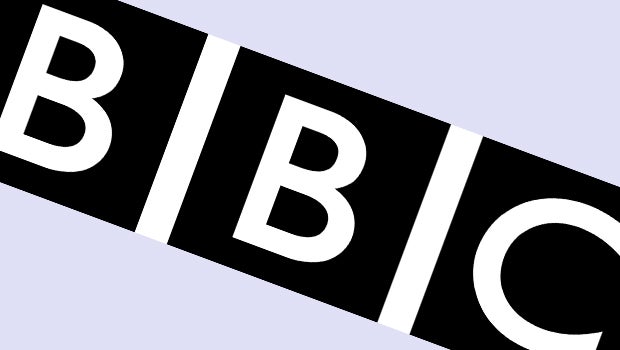BBC to take three-year break from 3D production at the end of this year

The BBC will be taking a three-year hiatus from 3D programming development at the end of this year, due to an unsatisfactory UK appetite for the medium.
Head of 3D at the BBC, Kim Shillinglaw, has said the UK broadcaster will be taking “a good old pause” from developing 3D programming, after it admitted that the UK hasn’t taken to 3D TV as much as expected.
The BBC has been running a two-year 3D TV pilot, during which the broadcaster has experimented with showing its top content in 3D.
“I think when people TV they concentrate in a different way. When people go to the cinema they go are used to doing one thing – I think that’s one of the reasons that take up of 3D TV has been disappointing.”
The London 2012 Olympics was broadcast in 3D by the BBC, but despite an estimated 1.5 million 3D TVs in homes across the UK, only half of that figure actually watched the Olympics Opening Ceremony in 3D.
At the end of the year, after a special 3D Doctor Who anniversary episode and the airing of natural history programme Hidden Kingdom, the BBC will wrap up its 3D project for a three year period.
“After that we will see what happens when the recession ends and there may be more take up of sets but I think the BBC will be having a wait and see. It’s the right time for a good old pause.”
The BBC is currently showing the Wimbledon semi-finals and finals on its BBC 3D channels across YouView,
Next, read our pick of the best TVs of 2013.
Via: Radiotimes

